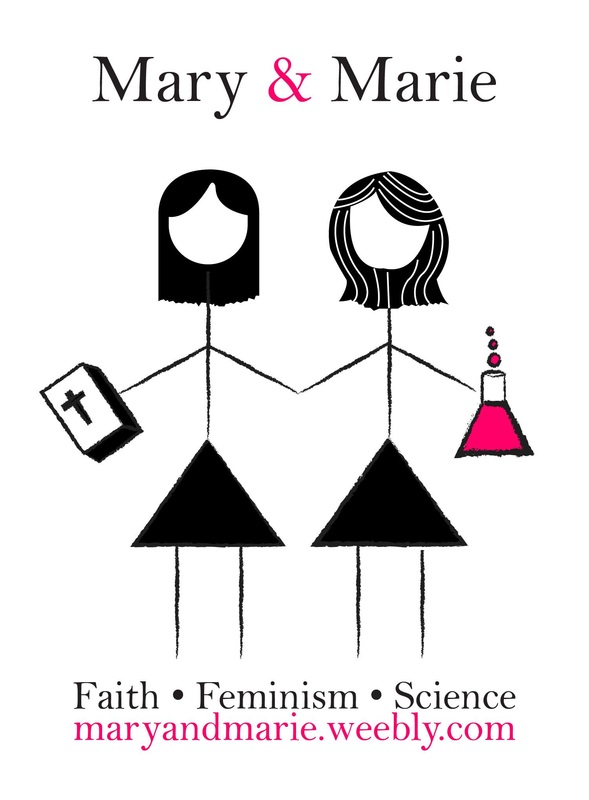In my experience, this is something I've seen in both the scientific and faith communities.
He went on with an example. He said that there are some kinds of people who, when he approaches them with a question, they provide an answer. But, there are other people in his life who, when he approaches them with a question, a conversation takes place.
I couldn't help but think, as he spoke, Yes! That's it!
Of course, it depends on the question, as well. Some questions may warrant only answers. For instance, when there are, in fact, answers. But some questions warrant something more. The answers are less defined, or nonexistent. But we wish them to be clear. Or perhaps we bring our bias to the table. And we answer definitively what is not definitive.
In science, we may be afraid to show our lack of knowledge. We are judged, to some degree, by the answers we can provide, aren't we? By the amount of data we can explain with our theories. By what we can teach. But the pursuit of science, of course, is not about explaining, really. It is about asking. It is about finding truth, and finding it through the act of exploring. These goals are best fulfilled in conversation, in discussion. May we never be so proud that we give an answer when we should engage in a conversation. May we never be so afraid to be vulnerable that we miss an opportunity to learn, to discover.
In communities of faith, we are often afraid to show our doubt. We are afraid to not have all the answers. We face questions from all sides, from without, from within. Perhaps we read some of them as criticisms. (Perhaps sometimes they are intended that way.) It's easier to agree or disagree. It's not easy to sit in the in-between, to wrestle with a question for a prolonged period of time, to admit that there are no easy answers. But sometimes that's just what the world needs, what we need. Not a pat answer so we can sleep at night with the ease of having every piece in place, but an admission that the world is not as it should be, an acknowledgement that there's so much we don't know, but it's ok because God does. Maybe we need to be more open, stay up late with all the pieces scattered on the floor, not trying to sort them out, but just staring at them in prayer. Maybe we need to feel small... to remember how big He is. Maybe we need to feel a little less sure, and realize that it's when we don't have the answers that trust really matters.
Maybe all of us need to give less answers and have more conversations.

 RSS Feed
RSS Feed